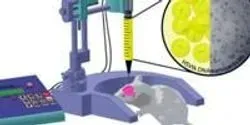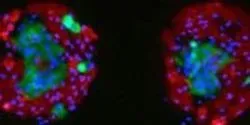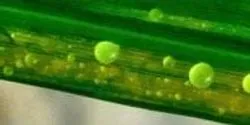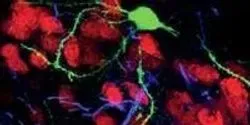Health Science

Beckman Coulter Life Sciences announced July 20 an expansion of its CARES (Cellular Accessible Retroviral Evaluation Systems) Initiative at the 2015 International AIDS Society (IAS) Conference, being held at the Vancouver Convention Centre from July 19-22, 2015 in Vancouver, Canada. CARES focuses on providing innovative solutions for the monitoring of HIV and AIDS treatment in Africa.

Lung cancers attract circulating immune cells to the tumor mass, where the cancer reprograms them to support its growth and progression, researchers from Weill Cornell Medical College have found.

Researchers funded by the National Institute of Biomedical Imaging and Bioengineering have designed a nanoparticle transport system for gene delivery that destroys deadly brain gliomas in a rat model, significantly extending the lives of the treated animals. The nanoparticles are filled with genes for an enzyme that converts a prodrug called ganciclovir into a potent destroyer of the glioma cells.

This month, we highlight companies exhibiting at the American Association for Clinical Chemistry’s Annual Meeting & Clinical Lab Expo (AACC 2015) and the 250th American Chemical Society National Meeting & Exposition (ACS 2015). AACC 2015, a leading event for laboratory medicine worldwide, runs from July 26-30 at Georgia World Congress Center in Atlanta, Georgia. ACS 2015 takes place next month, running from August 16-20 in Boston, Massachusetts.

Spiny lobsters practice “behavioral immunity” to create safe havens that prevent them from contracting a lethal disease in the wild, an important finding for the $50 million annual spiny lobster fishery in Florida, according to a new study co-authored by a University of Florida scientist.

The vast majority of the thousands of chemicals in our homes and workplaces have not been tested to determine if they cause cancer. That’s because today’s options are lacking. Rodent tests are too slow, and cell culture tests don’t replicate how cells interact in the body, so their relevance to cancer is limited. Scientists from the U.S. Department of Energy’s Lawrence Berkeley National Laboratory (Berkeley Lab) have set out to change that.















